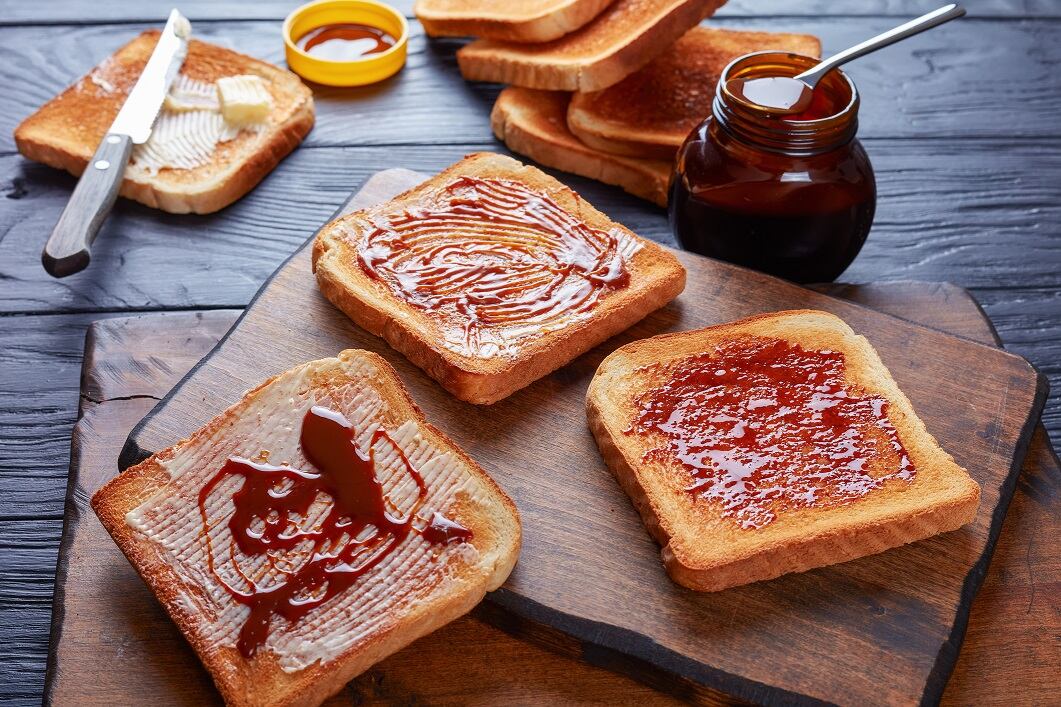More than 20 organisations from across the ‘farm-to-fork’ supply chain have warned that food and drink suppliers to the hospitality and foodservice sector, which are in the “squeezed middle”, have not been given the same level of Government assistance as the businesses they supply.
The news comes as both Brakes and Oliver Kay have revealed restructuring and job losses following the closure of the hospitality sector.
The report, entitled The Squeezed Middle,has been produced by the Food and Drink Federation and its convened Food and Drink Industry Roundtable.
It said the level of support available to the “squeezed middle” was poorly focused and would not deliver the recovery plan the UK Government was working towards.
Research undertaken for the report has shown that fewer than half of food and drink manufacturers have applied for support from the Coronavirus Business Interruption Loan Scheme (CBILS) or Bounce Back Loan Scheme (BBLS).
Concerns over incurring additional debt and associated interest payments were cited as the main reasons.
Risks
While it said the UK Government’s furloughing scheme had been popular and effective among the ‘squeezed middle’, there were concerns about whether the hospitality and foodservice markets would have recovered to viable levels by the time this ended in October. There were fears that removing the support too early would pose serious risks to businesses and slow the UK’s economic recovery.
The report has called for businesses supplying into the hospitality and foodservice industries to continue to receive furlough support through the UK Government at a rate of 80% of salary contribution until those markets have returned to commercially viable levels.
It has also suggested that the Government should place a requirement on the trade credit insurance industry to develop best practice rules of operation, including greater transparency and formal notification of the reason(s) for refusal or withdrawal of cover.
The report added that insurers should be required to reinstate reduced or withdrawn cover, backdated to 1 March 2020; Governments should provide more targeted support for the ‘squeezed middle’ that did not incur additional business debt; and it should create schemes for small, medium and micro businesses within the ‘squeezed middle’ that provided initial cashflow injections to businesses.
Disappear
“Throughout the pandemic, the food and drink industry’s hidden heroes have been working hard to keep the country fed. But those companies who supply the foodservice and hospitality sectors have seen their business disappear overnight, and yet have not been afforded the same Government assistance,” said Ian Wright, chief executive of the Food and Drink Federation.
Richard Harrow, chief executive of the British Frozen Food Federation added: “Many of the ‘squeezed middle’ are often successful family-owned SMEs, supplying the hospitality and foodservice sectors, and are now facing collapse. Support for this important sector is vital to ensure they continue to manufacture and supply world-leading products, making the market so dynamic and vibrant. Their continued existence will be critical as the economy starts to recover.”
Meanwhile, many large-scale hospitality businesses are considering pooling supplies of high-volume products, to manage down costs in the face of anticipated margin pressure.
The initiative, which is being coordinated by Prestige Purchasing, is focused on high-volume commodity ingredients, such as cooking oil, butter, chicken, high-volume cheese, and chips.
Prestige said initial analysis had shown that, dependent upon sector, these product types represented between 5% and 25% of total spend.
Shaun Allen, CEO of Prestige Purchasing, said: “In an environment where volumes will be weak and the opportunity to raise prices limited, operators need to leave no stone unturned in the quest to reduce cost per transaction. This initiative will provide an affordable means of substantially and measurably lowering costs, without any compromise to the customer experience.”




